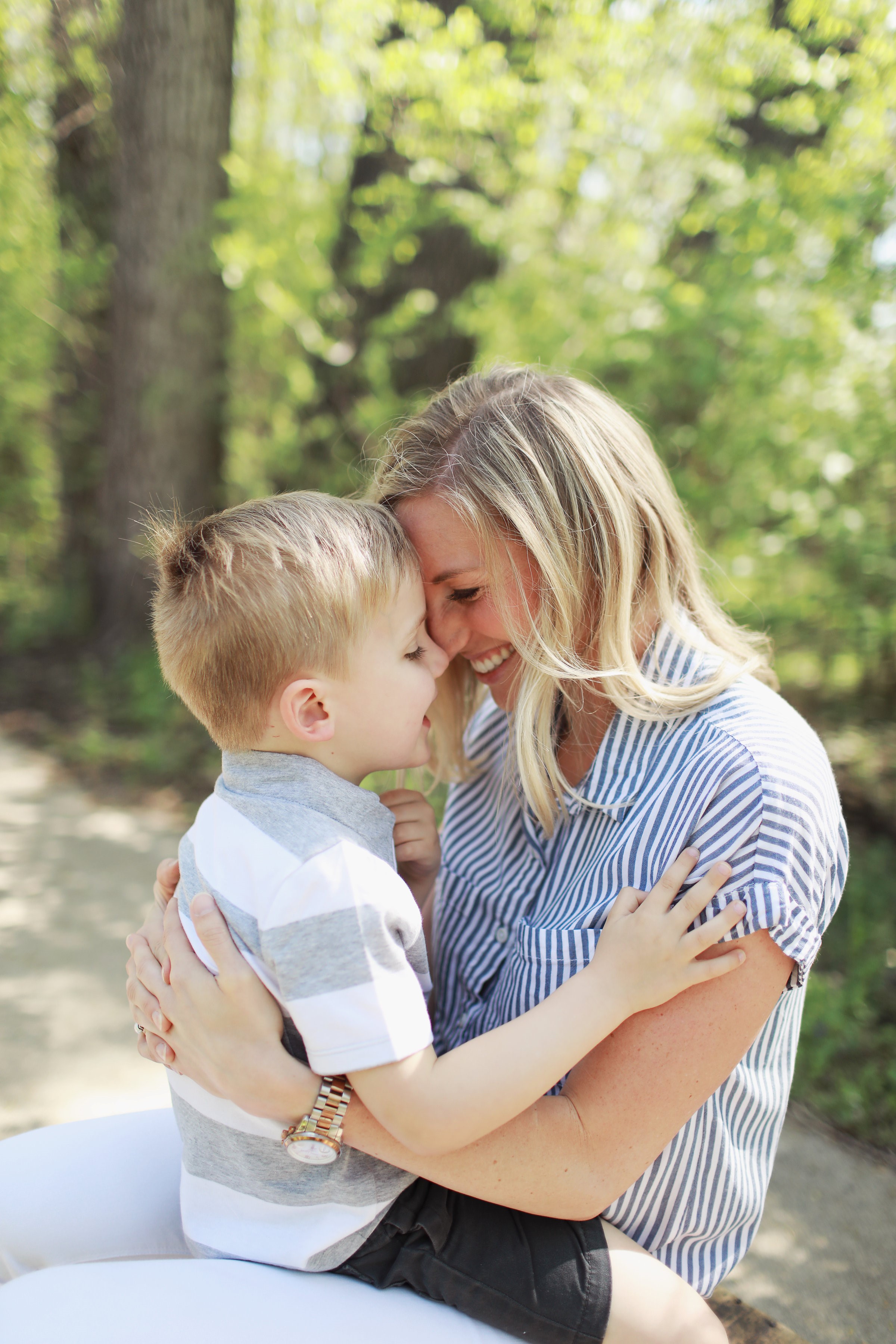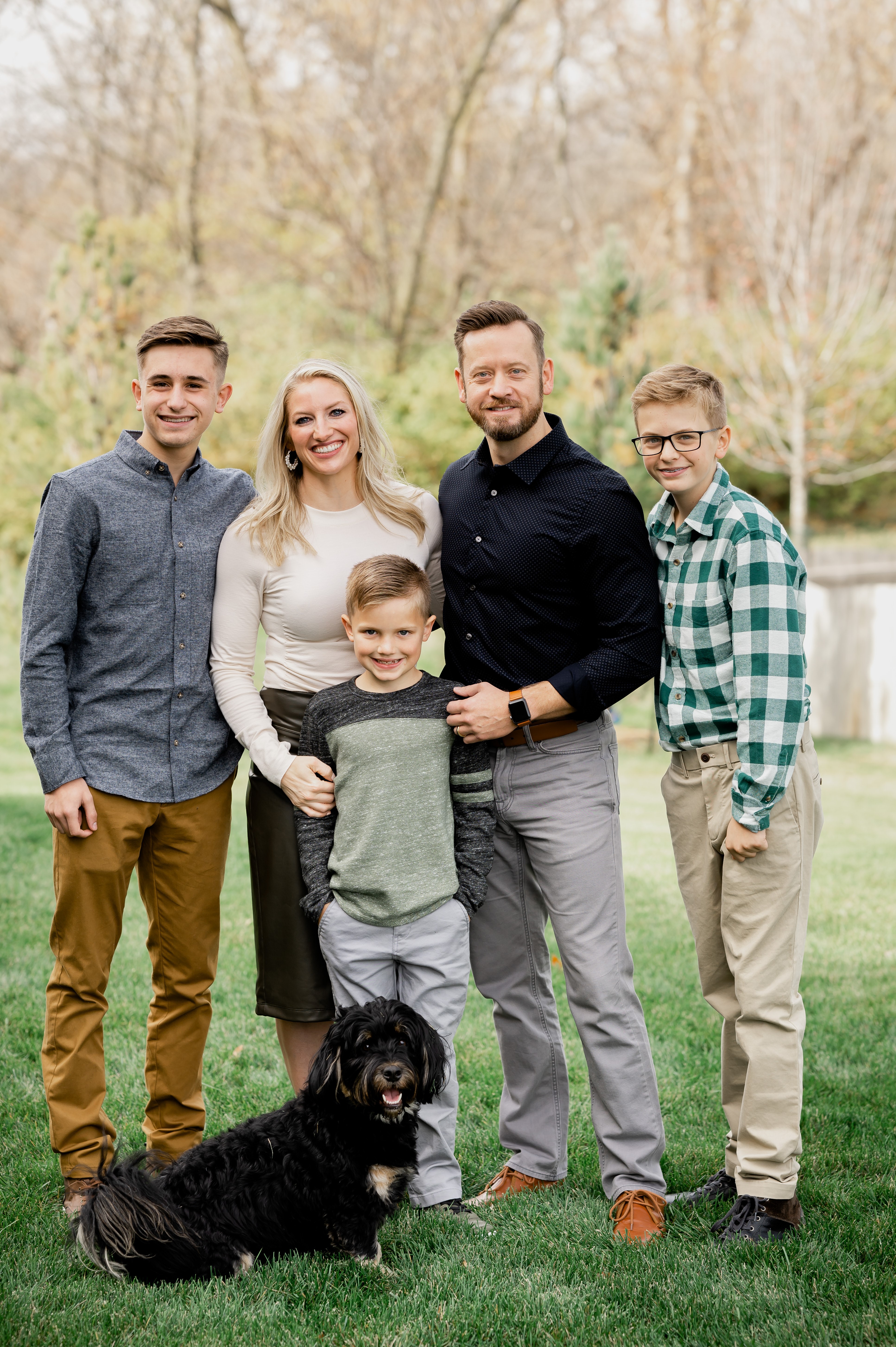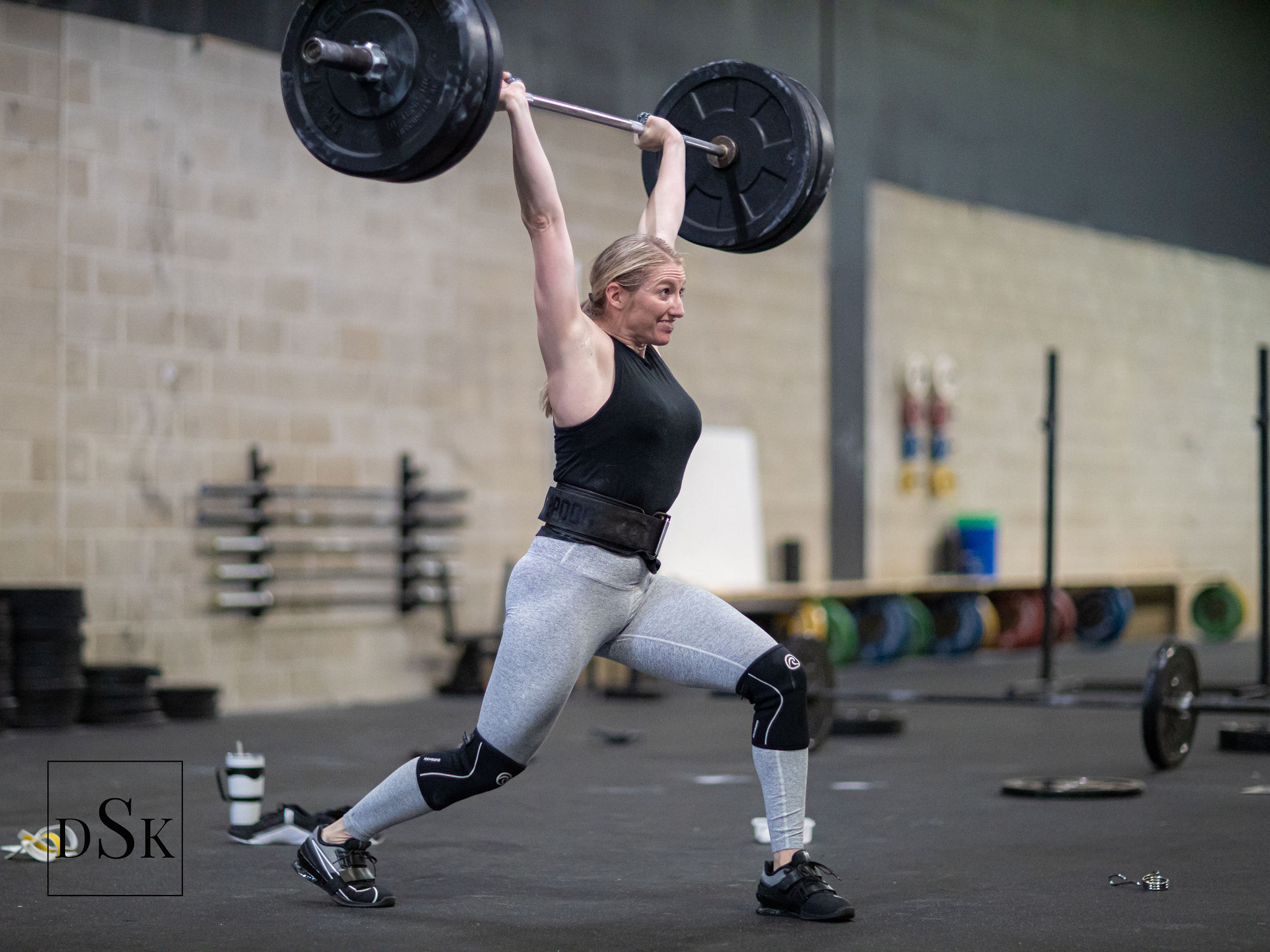
Previvor: A person who has not been diagnosed with cancer, but has survived the predisposition, or higher risk, due to certain genetic mutations.*
Breast cancer. Spoken in hushed tones, these scary words are often compounded by the aftermath of breast cancer deaths, creating a stigma around discussing breast cancer in regular conversations. With this deafening silence in mind, one woman decided to take action to break the cycle of stigma and silence and become an entirely different kind of patient, empowered by knowledge.
After her mother, aunt, and grandmother died from breast cancer at young ages, Emily Huebsch knew her maternal family seemed to have a pattern of disease. She and her siblings started asking questions about their mother’s family and health history and the benefits of genetic testing.
When Huebsch received testing, it confirmed that, yes, she had a mutation in the BRCA1 gene. She met with a genetic counselor to learn more about her family genetics and medical management options. Looking at her son, Huebsch knew she wanted to be alive and healthy for him and her future children. At age 33, Huebsch took control of her health to reduce her risk of breast cancer as much as possible.
Huebsch knew about Angelina Jolie’s courageous decision in 2013 to have a risk-reducing bilateral mastectomy after discovering she had a BRCA1 mutation. At the time, Jolie’s risk-reducing measures made headlines for her revolutionary self-health care. Huebsch took strength in Jolie’s decision and decided to do the same to significantly reduce her risk of breast cancer. 
After having her surgeries (including total breast reconstruction), Huebsch went on to have a daughter. With her second pregnancy, one of Huebsch’s concerns was how she would feed her baby now that she no longer had mammary glands and couldn’t breastfeed. Huebsch joined The Breasties, a non-profit that creates a community for previvors, survivors, and others affected by breast cancer. Their goal is to stop the stigma and silence of breast cancer and gynecological cancers through education, events, and open international discussion on these cancers.
Through them, she learned about Bobbie, a company made up of mothers and female doctors who saw a need in the market for an organic baby formula. They have teamed up with The Breasties non-profit organization, specifically for the needs of post-mastectomy mommies, where they supply and support moms like Huebsch with formula discounts of up to 25%. In recent years, they have been able to offer mastectomy mommies a year of free formula, while also advocating for insurance companies to cover formula for these women, like they do breast pumps for every other woman.
Through her personal experiences with other previvors and survivors, Huebsch became a hereditary cancer patient advocate in Des Moines, Iowa, where she lives with her husband and four children. She has some advice to those who want to know if they have a hereditary predisposition to cancer due to a genetic mutation.
1. Knowledge is power – learn your risks and get ahead of your health.
2. Seek out a genetic counselor in your area for help navigating the testing process.
And her advice for someone who has tested positive for a mutation:
1. Breathe – it can be a lot to take in.
2. You are not alone – seek out support groups in your area or on social media and learn from others. Seek out a genetic counselor for help navigating the medical management process.
Her experience and passion as a breast cancer previvor and advocate led her to become an oncology account executive for Ambry Genetics over a year ago. In her position at Ambry, she continues championing patient rights to genetic testing and outpatient advocacy. Huebsch is currently helping to plan and execute a 5K race to raise funds for cancer treatment resources and proactive screenings for patients in her area.
Out of her previvor experience, Huebsch hopes to empower women to take their health care into their own hands and be their own best advocate. She says, “Ask the hard questions of your doctor, and get as many opinions as you need to feel safe and cared for. If you don’t feel like you’re getting the information you need, seek out other medical professionals for their opinions. This is your one body and your one life – you should be empowered to feel confident in your care. Find medical professionals who will listen to you and your concerns.” Overall, she feels incredibly lucky to be able to call herself a previvor.
*https://www.yourdictionary.com/previvor



